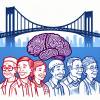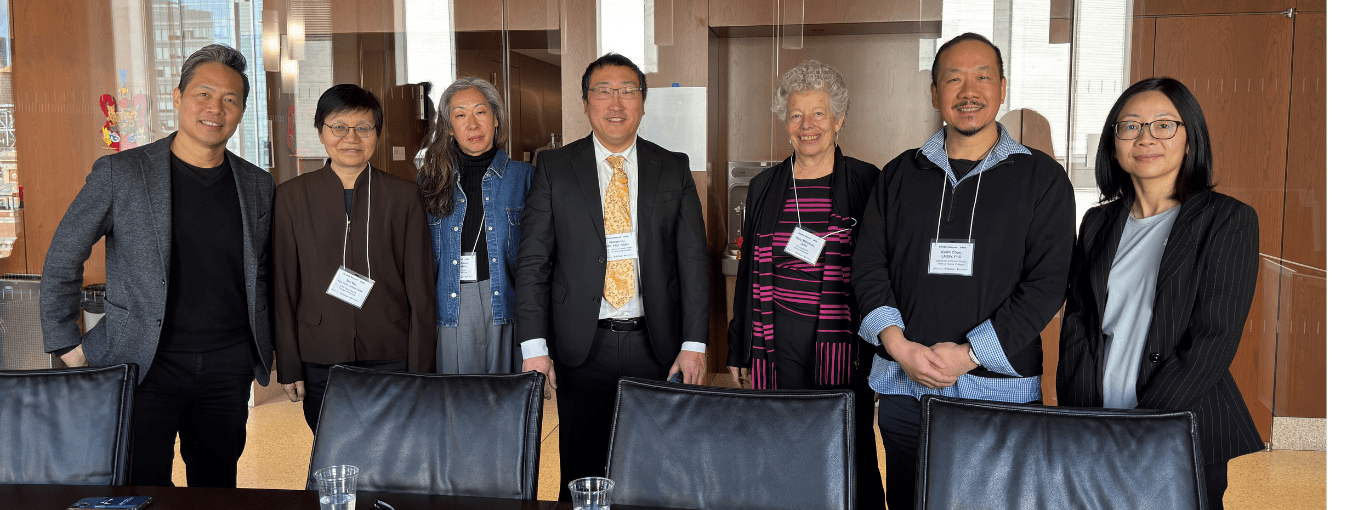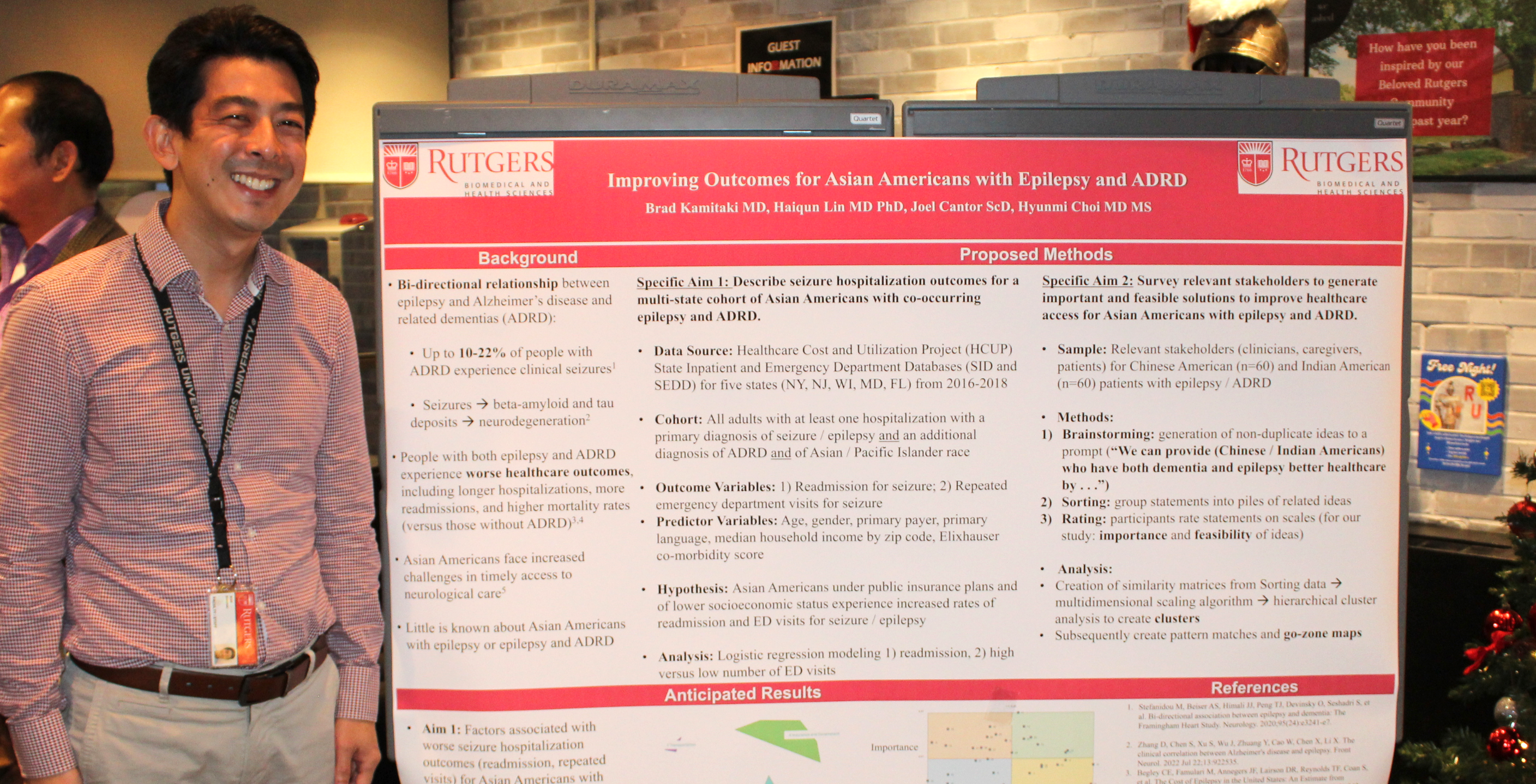Resource Center for Alzheimer’s and Dementia Research in
Asian and Pacific Americans
Asian Americans represent the fastest growing racial group in the US, with those 65 years of age or older growing by more than 70% in the New York-Newark-Jersey City, NY, NJ, PA Metropolitan Statistical Area (NYC/NJ) area since 2012. Alzheimer’s disease (AD) and related dementias (ADRD) are the fastest growing causes of death in older Asian Americans, but sociocultural and methodological issues likely underestimate the prevalence and impact of AD/ADRD.
While cohort studies in Asia are starting to provide some insight into Asian American brain health, there exist obvious knowledge gaps associated with immigration history/experience, acculturation, stigma, and environmental influences. Native Hawaiians and Pacific Islanders are also historically included with Asian Americans, are subject to their own health inequities, and are often mistaken victims of anti-Asian racism. As one of the most heterogeneous groups in the US, Asian and Pacific Americans (APAs) come from more than 50 nations and territories representing 60% of the world’s population. However, older APAs are infamously “missing” in national surveys and datasets due to limited outreach and language barriers; inconsistently grouped under one umbrella or disaggregated into subgroups (eg, Chinese vs East Asian); and analyzed only according to US-based behavior, sociocultural, and system level factors without considering similar country-of-origin factors. These practices have together limited the generalizability of findings from studies focused on older APAs as well as their broader impact on APA brain health.
The NYC/NJ-based Rutgers-NYU Resource Center on Alzheimer’s and Dementia Research in Asian & Pacific Americans (RCASIA) has the mission of advancing APA AD/ADRD-related brain health through developing the next generation of Scientists through innovative models of mentoring Pods and data sharing across micro-cohort.
RCASIA is part of the Rutgers Institute for Health, Health Care Policy and Aging Research
As part of the Rutgers Institute for Health, RCASIA is part of a world-class research university and hospital system. RCASIA has built networks of academics, scientists, and community partners around the nation. These relationships facilitate innovative and cutting-edge research and aid the dissemination of findings to practitioners, policymakers, and community members.























































